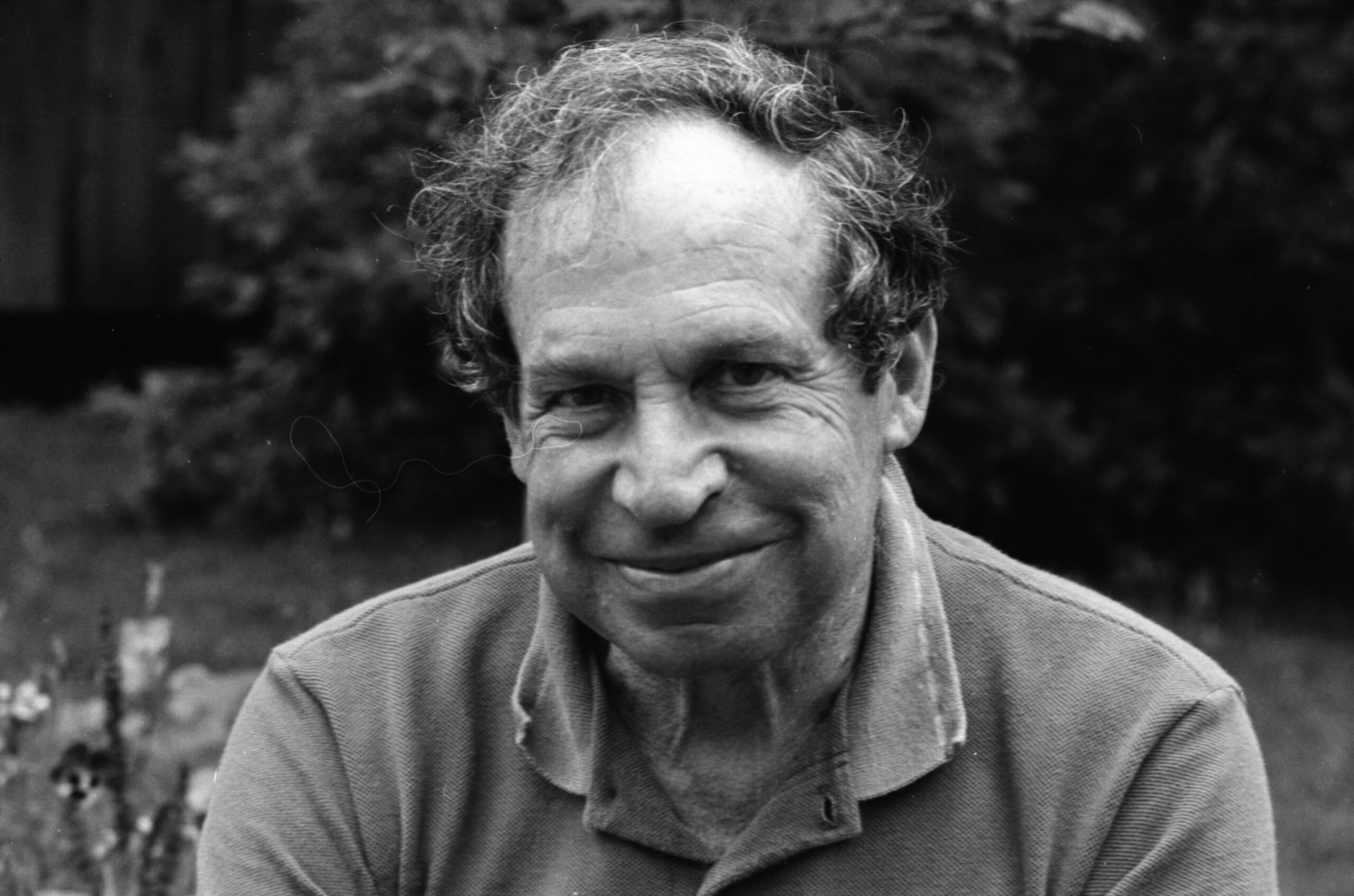IN MEMORIAM
David Pines

David Pines, a physicist who worked with the likes of Robert Oppenheimer, David Bohm and Murray Gell-Mann and helped found the Santa Fe Institute, died of pancreatic cancer in Urbana, Ill., on May 3. He was 93. “He was one of the last men standing of his scientific generation,” said his son, Jonathan Pines.
David Pines’ scientific interests ranged from studies of electronic interaction in metals, the cosmic super fluids within neutron stars, the properties of superconductors and quantum liquids. All this from a man who, by his own admission, had no yen for physics as a kid, despite the fact he liked to experiment with a chemistry set in his basement. Pines was born on June, 8, 1924, in Kansas City. His mother was a homemaker and his father worked as a mechanical engineer. In an unpublished autobiographical paper he wrote, Pines said that as a child, “I had no special interest in science.” But while attending Black Mountain College in Asheville, N.C., he encountered science teacher Nathan Rosen, who had once collaborated with Albert Einstein. Rosen told Pines that he would make a great physicist, and that was that. “He didn’t really know what he wanted to do in high school or even in college,” Jonathan Pines said. “It wasn’t like he had this passion for physics. But he was taking some math and science courses and this professor (Rosen) said to him, ‘You have a real aptitude for this.’ So he decided to attend the University of [California] Berkeley to pursue it. It was rather serendipitous.”
David Pines studied with or worked under for Oppenheimer, Bohm, John Bardeen and others, often collaborating on projects that later earned national attention and prizes. For example, when Pines left a team working on a theory of superconductivity under Bardeen’s watch to take a professorship position at Princeton University, he was replaced by Leon Cooper. Bardeen, Cooper and John Robert Schrieffer ultimately developed a theory that earned them the 1972 Nobel Prize in Physics. Pines “did deserve some fraction of that Nobel Prize,” physicist and Nobel laureate Philip Anderson of Princeton University said in an obituary of Pines published by the Santa Fe Institute last month. David Pines, who wrote several books on physics, served on various advisory committees for Los Alamos National Laboratory in the 1970s and ’80s. It was there that he and chemist-businessman George Cowan began discussing the creation of a scientific educational institute in Santa Fe “that might combine the best features of the Salk Institute, the Rockefeller Institute and the Institute for Advance Study,” as David Pines described it in his autobiography.
The institute, which opened in the early 1980s, serves as a research facility examining various facets of science and how they connect with the world at large. Jonathan Pines said his father and Cowan were concerned that “science had gotten rather myopic, with people sticking to their discipline or area of knowledge and not realizing that everything within those sciences does affect each other … there were global impacts in all these studies.” He said his father liked to travel, hike and play tennis. While David Pines did not often bring his work home with him, he opened up the family home to visiting scientists and physics students who had nowhere else to go. “Given no one else in his family could read much further than the forewords to his books, that made sense,” Jonathan Pines said.
Still, physics always came first, said David Pine’s daughter, Catherine. “My dad’s first love was physics, and then my mom and then children and everything else. That’s just the way it was,” she said. She jokingly added her father spent his entire life “making squiggles that everyone else was interested in. “He wanted everyone who loved to do science to be able to do science. So he was so nurturing of graduate students … he loved collaborating. He was a very passionate lover of life and always interested in people … he was very happy because he always did what he wanted.”
Jonathan Pines said his father continued to maintain an office at the Santa Fe Institute up through last year and shared office space there with the late playwright-actor Sam Shepard. “Because they were very different they didn’t bother each other,” Jonathan Pines said.
David Pines, who served as a radar technician in the U.S. Navy for two years in the mid-1940s, also worked as a college professor, editor and author. His wife, Suzy Pines, preceded him in death in 2015. He is survived by his two children, three grandchildren and a sister, Judith Fried.
This memorial obituary was originally published by the Santa Fe New Mexican, written by Robert Nott (2018) here.

Positions Held
Vice President, 1968 – 1976
Trustee, 1968 – 1980
Honorary Trustee, 1981 – 2018
General Member, 1990 – 2002
Honorary Member, 2002 – 2007